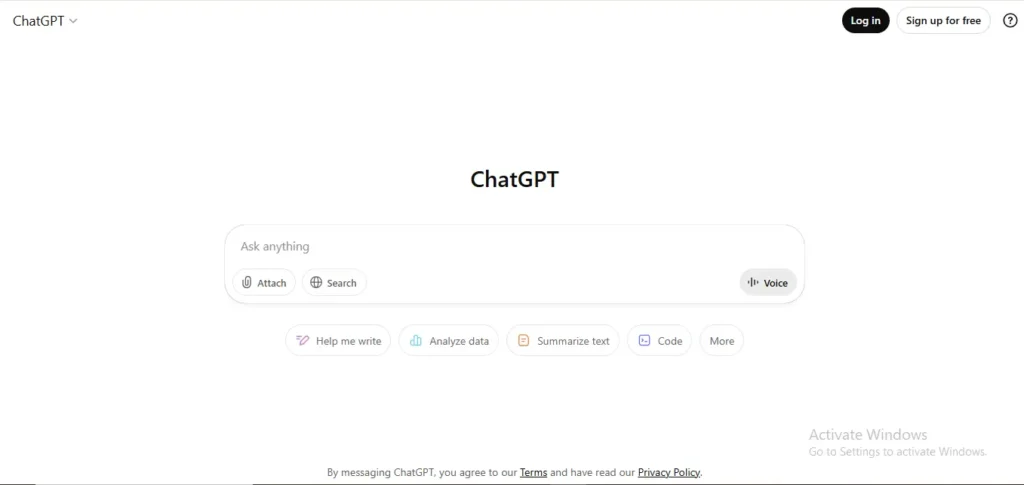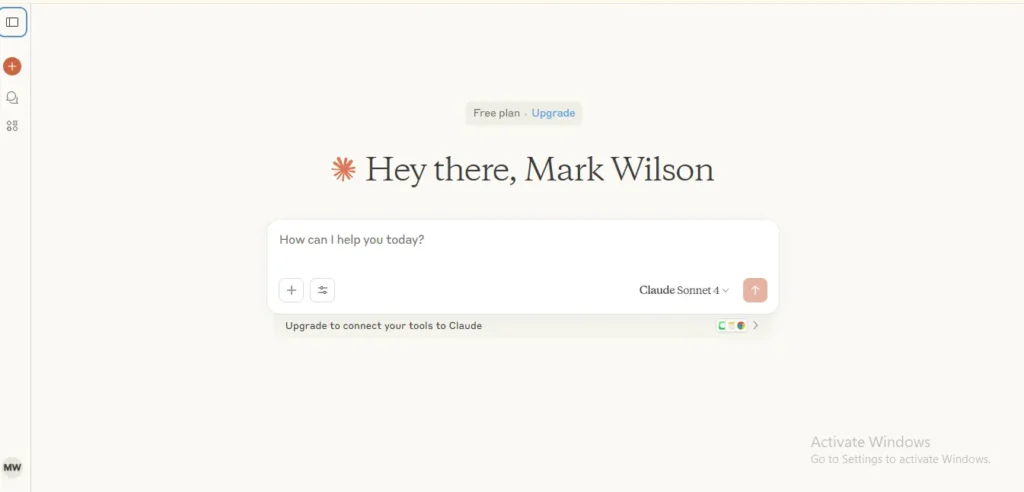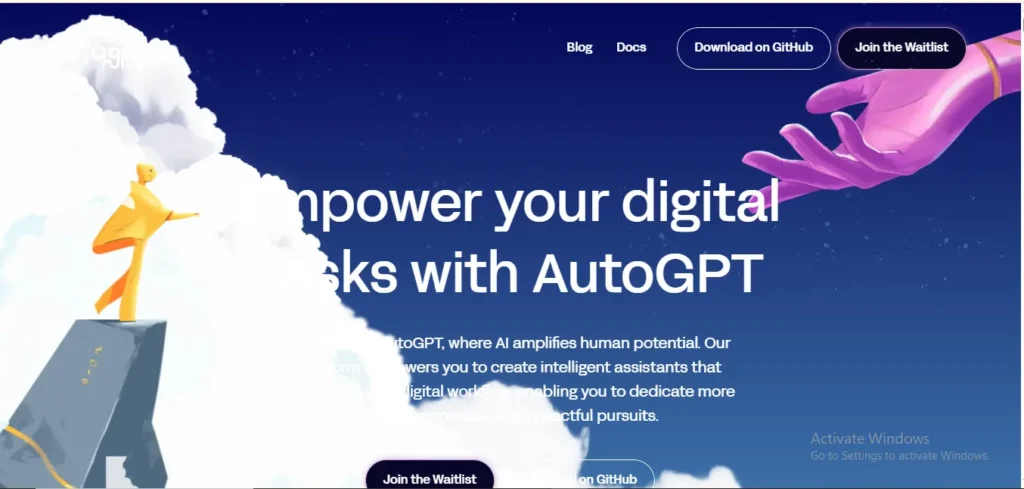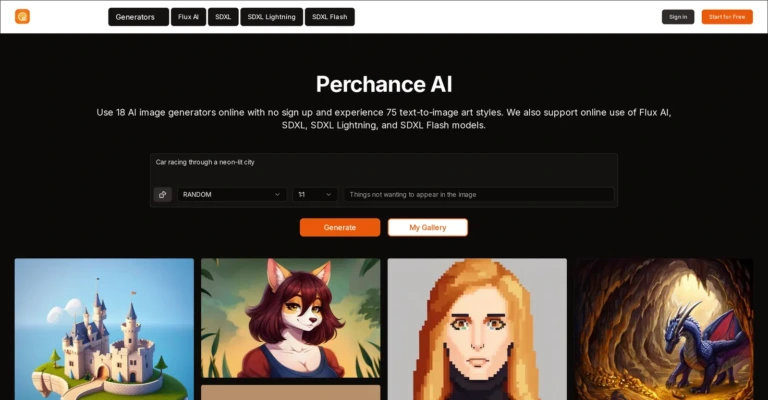Comparative Analysis: Claude AI vs. ChatGPT vs. AutoGPT
In the fast evolving world of artificial intelligence, a comparative analysis: Claude AI vs. ChatGPT vs. AutoGPT has become essential for users and developers looking to adopt the most suitable AI tool for their needs.
These three advanced models each developed with unique goals and strengths have garnered significant attention in the AI landscape. But how do they differ? Which one should you choose for your specific use case?
This comprehensive guide dives deep into their features, architecture, use cases, and performance metrics, offering insights to help you make an informed decision.
Introduction to AI Language Models
AI language models are revolutionizing industries through automation, content generation, customer support, and advanced reasoning.
Claude AI, ChatGPT, and AutoGPT are three prominent examples powered by large language models (LLMs), offering a mix of conversational fluency, reasoning, and autonomy.
These tools differ in functionality:
- ChatGPT is designed for direct human interaction.
- Claude AI emphasizes ethical, interpretable AI.
- AutoGPT aims for fully autonomous task execution using AI agents.
What is ChatGPT?

ChatGPT, developed by OpenAI, is a conversational assistant powered by GPT-4. It’s capable of answering questions, generating content, coding, tutoring, and even creating art prompts. Users interact with it via web or mobile apps, using either text or voice.
Key Highlights:
- GPT-4 powered (Free users access GPT-3.5)
- Available via ChatGPT web and mobile apps
- Offers subscription tiers: Free, Plus, Pro
- Great for writers, students, developers, and businesses
What is Claude AI?

Developed by Anthropic, Claude AI is designed with a focus on safety, reliability, and ethical use of AI. It aims to offer steerable and interpretable responses, minimizing harmful outputs through its “Constitutional AI” framework.
Key Highlights:
- Emphasis on trustworthy, human aligned output
- Strong safety protocols
- Ideal for businesses prioritizing ethical AI integration
- Competes directly with ChatGPT in LLM performance
What is AutoGPT?

AutoGPT is an experimental, open source application that demonstrates what AI agents can achieve autonomously.
It leverages GPT-4 and chains multiple “thoughts” to complete tasks without constant human input.
Key Highlights:
- Runs autonomously once given a goal
- Internet-enabled for real-time searches
- Supports file summarization and plugin integration
- Best suited for developers and AI automation experts
Key Features Comparison
Here’s a breakdown of how each model compares in terms of features:
| Feature | ChatGPT | Claude AI | AutoGPT |
|---|---|---|---|
| Developer | OpenAI | Anthropic | Open Source (community) |
| Language Model | GPT-3.5/GPT-4 | Claude 1, 2, 3 | GPT-4 |
| Use Case | Conversational assistant | Ethical, safe NLP | Autonomous task automation |
| Internet Access | Limited (browsing mode in Pro) | No native browsing | Yes |
| Memory | Pro accounts have persistent memory | Limited | Long- and short-term memory systems |
| Code Execution | Yes (Pro version) | No | Yes |
| Plugin Support | Yes (Pro/Team tiers) | No | Yes |
| Best For | General users, coders, educators | Ethical AI use cases | Developers, AI researchers |
Performance & User Experience
ChatGPT
- Interface: User friendly with a clean design
- Response Speed: Fast and context aware
- Creativity: High, especially in content generation
Claude AI
- Interface: Simple, minimalist UI
- Response Accuracy: Focused on precision and safe outputs
- Clarity: Avoids hallucinations better than many peers
AutoGPT
- Interface: Requires technical knowledge to operate
- Autonomy: Can initiate web searches, code, and iterate tasks
- Flexibility: High for automating multi step workflows
Use Case Scenarios
| Use Case | ChatGPT | Claude AI | AutoGPT |
|---|---|---|---|
| Content Writing | ✅ | ✅ | ❌ |
| Customer Support | ✅ | ✅ | ✅ |
| Task Automation | ⚠️ Limited | ❌ | ✅ |
| Research | ✅ | ✅ | ✅ |
| Code Debugging | ✅ | ❌ | ✅ |
| Safe AI Integration | ⚠️ | ✅ | ❌ |
Security and Privacy Considerations
- Claude AI emphasizes alignment and transparency, making it ideal for safety first environments.
- ChatGPT follows OpenAI’s moderation policies but has had historical concerns over output bias.
- AutoGPT, being open source, relies heavily on the implementer’s security practices.
Pricing and Availability
| Model | Pricing Options | Platforms Supported |
|---|---|---|
| ChatGPT | Free, Plus ($20/mo), Pro | Web, iOS, Android |
| Claude AI | Free (Claude.ai), Claude Pro | Web, API |
| AutoGPT | Free (requires setup), cloud deployment | Desktop, servers, APIs |
Comparative Summary Table
| Criteria | ChatGPT | Claude AI | AutoGPT |
|---|---|---|---|
| Developer | OpenAI | Anthropic | Community/Open Source |
| Best For | General use | Ethical AI use | Autonomous agents |
| Setup | Plug-and-play | Plug-and-play | Requires coding/setup |
| AI Model | GPT-3.5/GPT-4 | Claude family | GPT-4 |
| Customization | High (via API, plugins) | Moderate | Very High |
| Knowledge Base | Broad, trained till 2023+ | Up-to-date corpus | Real-time web access |
| Security Focus | Moderate | High | User-dependent |
| Learning Curve | Low | Low | High |
Frequently Asked Questions (FAQs)
Conclusion
In this comparative analysis: Claude AI vs. ChatGPT vs. AutoGPT, each model serves distinct user needs:
- ChatGPT stands out as the best all rounder with great usability, powerful features, and broad adoption.
- Claude AI is the go to for responsible AI usage with a strong emphasis on safety and ethics.
- AutoGPT is ideal for AI enthusiasts and developers looking to automate end-to-end workflows autonomously.
Choosing the right model depends on your specific goals whether it’s conversational interaction, ethical reasoning, or autonomous agent deployment.
As AI evolves, we may soon see even tighter integrations, hybrid models, and personalized agents tailored for every user.






